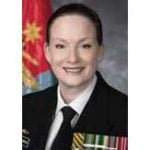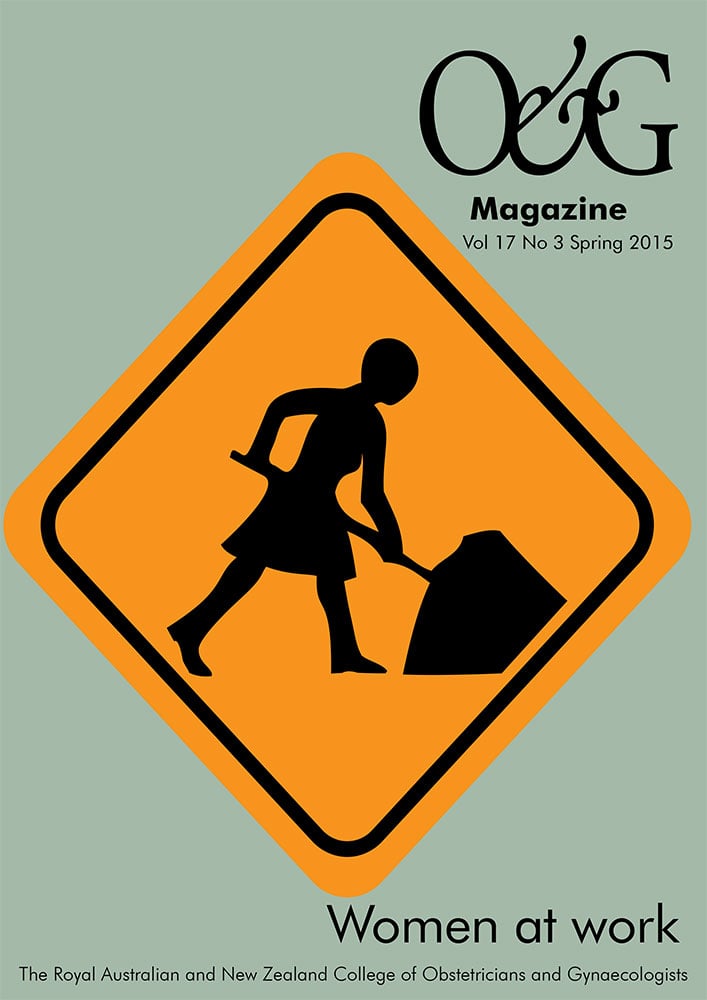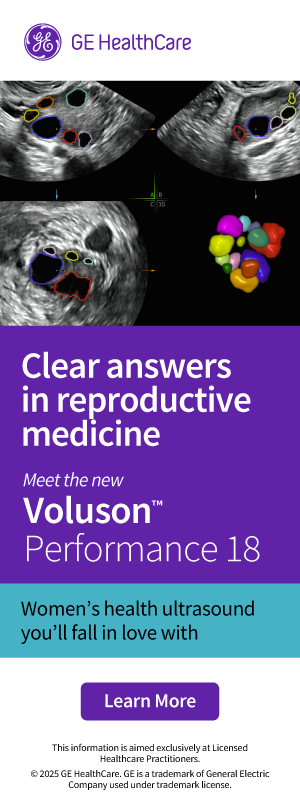I am a Medical Officer in the Royal Australian Navy. As a specialist medical administrator, I currently work within the Department of Defence in two roles: within Joint Health Command as the Director General Health Capability; and within the navy as the Director General of Navy Health Service.
A Queenslander, I started my military career as a third-year medical student. Looking for a way to support myself through medical school in the early years, I was attracted to the Defence Undergraduate Medical Scheme and joining the Navy seemed like the best option for me at the time. I was sponsored through four years of medical school, graduating in 1994. I completed my internship and RMO1 year within Queensland Health before commencing full-time military work in 1997. I had no strong family ties to the military or to medicine, so I had no preconceived ideas as to where medicine or the military might take me. It has been a wild ride.
My early military years were spent based in the Sydney region, initially working from the navy base that supported most east-based ships, then some sea time on a variety of ships. Since then, I have worked from the Sydney establishment that supports mine warfare and clearance diving forces, within the military hospital at Balmoral and from the Nowra Air Station. Almost ten years ago, I was posted to the Canberra area where I have worked in a variety of medical administration roles, both within the navy and within Joint Health Command.
Being posted to sea as a medical officer was always interesting. I don’t think I have ever joined a ship where I didn’t already know at least ten per cent of the crew. This made joining a new ship easier: shortening the integration time, quickly making it seem like you had been part of the team for months. On a major warship, I normally worked closely with a small team of two navy medics. Navy medics have substantial paramedical and nursing training, and also extended skills in primary healthcare. They normally only have a medical officer join their team when on extended deployment on operations, or when the risk profile of the ship’s activities is assessed as requiring medical officer support.
I have so many stories and memories of my time in the navy. Some are sedate, but others are heart-stopping – from an emergency presentation of a member of the Armed Forces for the National Liberation of East Timor (FALINTIL) who was injured by a large, single cut across the throat within a cantonment (in which the FALINTIL were required to remain until peace was restored) on the first day of my short deployment to the UN Military Hospital during the early phases of the peace mission to East Timor in 1999,through to a substantial allergic reaction while at sea, many hours away from an evacuation staging point and even more hours away from an Australian tertiary hospital. I recall many cuts, abrasions, fractures, aches, pains, tumours, joys and tears. The numerous stories are personal and too long to do them justice here.
I have never been shy to admit that I don’t recall ever having single-handedly ‘saved’ a person. Any ‘save’, no matter how small or how big, has always been a team effort. With a good team, focused on the job at hand, the work has always been rewarding. Indeed, the largest part of my job hasn’t been the saving, but has always been about preventing and being prepared to save. The importance of comprehensively assessing a member’s fitness for duty and workplace restrictions in the context of a seagoing environment cannot be understated. It is this part of my job that has proved the most rewarding over the years. To participate in active and continuous risk assessment and management of dynamic medical circumstances constantly challenges and rewards me. It still makes my day when I am pulled up by a member who reminds me of some advice or assessment I provided many years before that they credit as a key milestone within their career.
It requires hard work and determined focus to build and maintain a service/force that is always ‘prepared’ to do the extreme – to take a self-contained health service into an operational zone and provide high-quality, evidence-based care at a moment’s notice. This means you always need to be taking stock of the level of staffing, their training, their availability, their medical fitness to deploy; the level of pharmacy and equipment stock – always serviced and ready to go; the serviceability of the facilities and their fixtures and fittings. One deficiency can critically reduce the capability. To this end, we audit, measure, train and exercise in a constant cycle. You always need to be at the top of your game.
Since moving to medical administration, I find I am still able to make a real difference at the coal face: by leading or participating in projects such as developing and implementing recruitment and retention strategies for the health workforce; designing and operationalising health facilities and systems on ships; introducing new health capabilities such as deep frozen blood products; and implementing new health service standards or governance frameworks. I most enjoy providing technical advice; teaching and mentoring; or building collaborative frameworks and networks to focus on and resolve key issues. All of this would not be possible without a supportive team of leaders, peers and subordinates. I find the navy and defence teams are a pleasure to work with.
However, medicine isn’t the only part of my life. I have an unhealthy obsession with rugby union and shopping, and continuously torture my friends and family with my desire to master golf, skiing and the guitar. I am currently the President of Navy Rugby Union and when not decked out in the ‘Blue’, you can usually find me tucked away in the corner enjoying (muttering under my breath from time to time) a game of rugby – be it junior, local or regional, Super Rugby or an international competition.
Finally, I couldn’t do any of my work without the support and love of my family. My husband Andrew supports my dreams and work without question and constantly encourages and believes in me; and our beautiful boys, Jordan, William and Thomas, whose antics keep us on our toes every day.
I consider myself privileged to have been given the opportunity to study medicine, join the military and specialise in medical administration. Every day in the office is different and challenging, but I wouldn’t change it for the world.






Leave a Reply